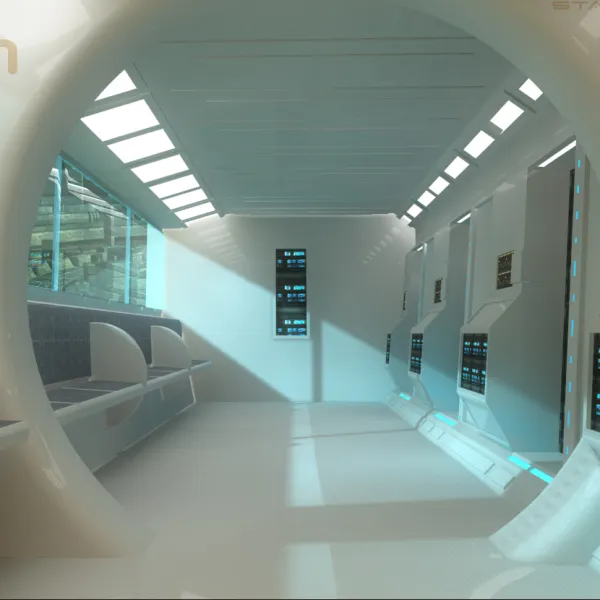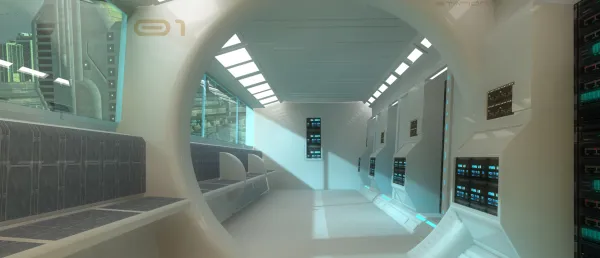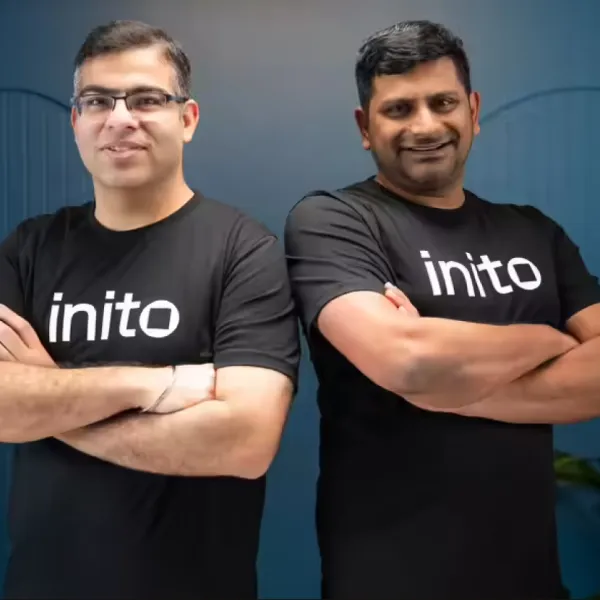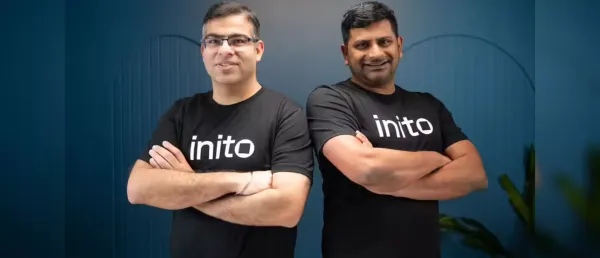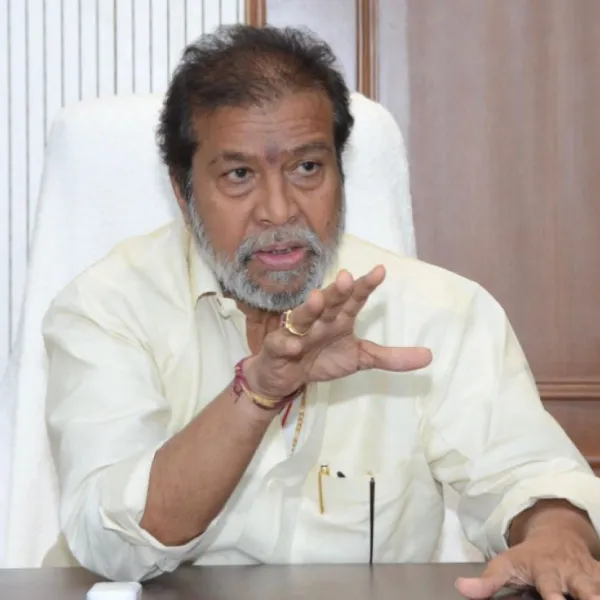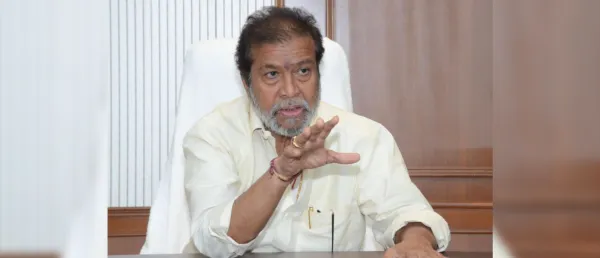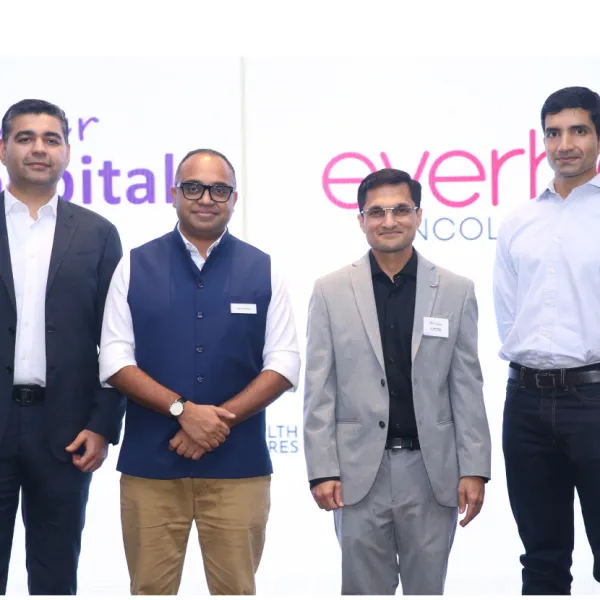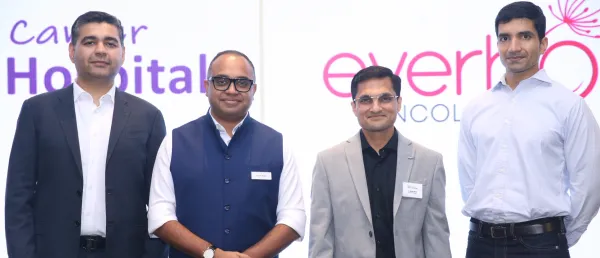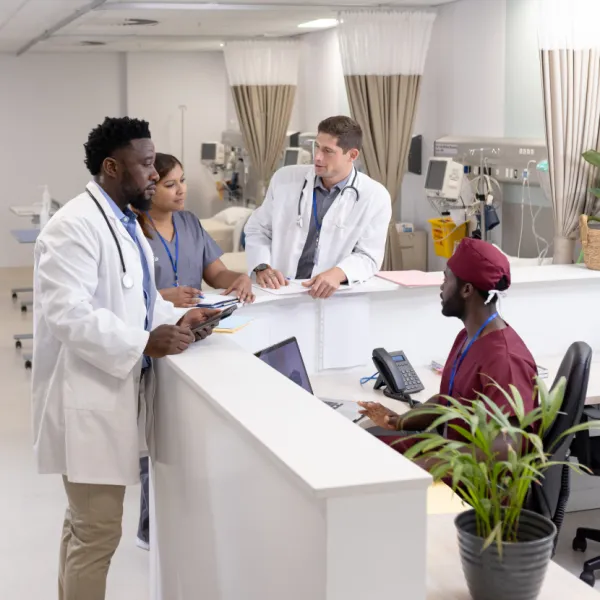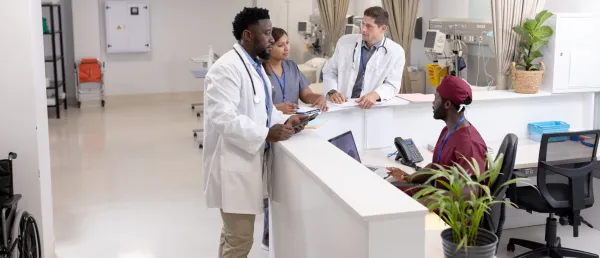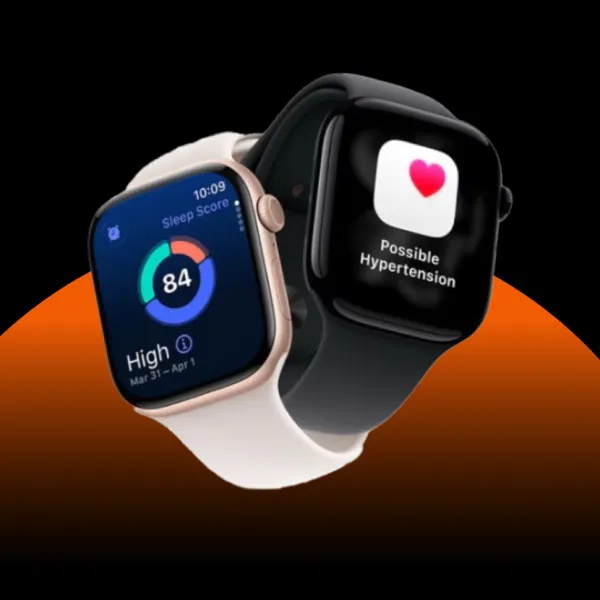Getinge Launches Servo-c Mechanical Ventilator in India to Offer Respiratory Care

The Servo-c is designed to address the diverse respiratory needs of both pediatric and adult patients, offering lung. protective therapeutic tools.
Global Medtech company, Getinge has launched Servo-c mechanical ventilator in the Indian market to meet respiratory care needs of the country.
The Servo-c is designed to address the diverse respiratory needs of both pediatric and adult patients, offering lungs. protective therapeutic tools.
This strategic move to enter the Indian market is a significant step towards making advanced healthcare solutions accessible and affordable for hospitals across India.
Commenting on the launch, Aruna Nayak, MD, Getinge India, said, "In the intensive care unit, the focus is on minimizing interruptions along a patient's journey toward spontaneous breathing.’’
According to Nayak, Servo-c offers an integrated transition from invasive to non-invasive ventilation, high flow therapy, to weaning, that ensures a better workflow for optimal patient outcomes.
What does the Getinge Servo-c Offer?
The Getinge Servo-c is designed to offer safe and effective ventilation for both pediatric and adult patients. Its features aim to facilitate personalized respiratory treatments and ensure ease of use for healthcare professionals.
Additionally, the modular design of the ventilator allows for efficient fleet management without the need for proprietary disposables. Features such as CO2 monitoring and Servo Compass aid in visualizing volume and pressure targets, offering real-time and retrospective insights into lung mechanics and gas exchange.
The Servo-c enables personalized lung-protective and weaning strategies, incorporating tools including servo compass for monitoring, open lung tool trends for recruitment, CO2 monitoring, stress index, and high flow therapy.
Moreover, the ventilator is equipped with a wider 15-inch touchscreen. Further, it claims to deliver precise heated and humidified oxygen flow. The Getinge Servo-c combines advanced features, usability, and personalized care to enhance mechanical ventilation in critical care settings.
Addressing Respiratory Challenges
With the rising costs of healthcare, there is an increased focus on investing in safe, high-quality, and sustainable solutions. Specifically, after the COVID-19 pandemic the burden of respiratory infections saw a sharp rise.
Beyond acute infections, India faces challenges related to chronic respiratory diseases such as chronic obstructive pulmonary disease (COPD) and asthma. COPD, the second leading cause of death in India, constitutes over 50% of chronic respiratory diseases and is the third leading cause of death globally.
Getinge's Servo-c, drawing from over 50 years of Servo performance, aims to simplify respiratory support, ensuring hospitals in India have access to advanced equipment at an affordable price.
"Our aim is to support healthcare professionals in India by keeping ICUs operational and providing them with the tools they need to care for their patients confidently,’’ MD Nayak added.
In the year 1932, manufacturing agricultural equipment company, Getinge forayed into medical technology. Since 2008, Getinge has played a significant role in advancing clinical progress in cardiology.
Currently, Getinge continues to provide hospitals and life science institutions with products and solutions aimed at improving clinical outcomes and optimizing workflows. Its offerings cover intensive care, cardiovascular procedures, operating rooms, sterile reprocessing, and life science
In a similar development, recently JJ Hospital launched respiratory OPD in Mumbai. The special OPD operates from 8 am to 12:30 pm to cater to respiratory patients. Beyond these hours, patients requiring immediate attention are treated in the casualty or emergency wards.
Also, the hospital authorities emphasized closely monitoring the situation by submitting a daily report on the number of respiratory patients to senior officials.
Furthermore, JJ Hospital was also selected by the Maharashtra government to implement 'sentinel surveillance' for acute respiratory illnesses in 17 of the most polluted cities in the state, including Mumbai.
Sentinel surveillance includes monitoring specific disease occurrences through a voluntary network of doctors, laboratories, and health departments. Its purpose is to assess the stability or change in the health levels of the population.
Stay tuned for more such updates on Digital Health News





